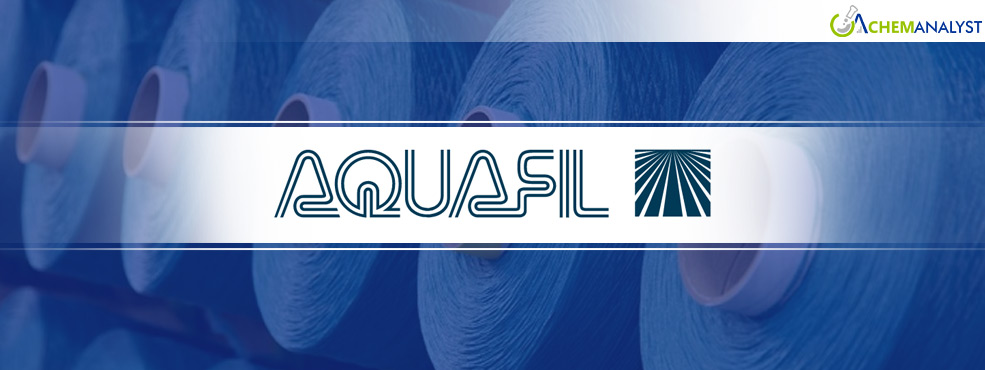Welcome To ChemAnalyst

Aquafil S.p.A. (Arco, Italy) has officially launched the world’s first demonstration plant in Slovenia for the chemical separation of elastic fibers from nylon. This groundbreaking innovation marks a major milestone in the textile fiber industry, opening new possibilities for recycling and reinforcing Aquafil’s commitment to sustainable development and cutting-edge research.
“After more than ten years of relentless research, Aquafil has reached a pivotal moment in textile fiber recycling with the launch of this revolutionary technology,” the company announced. “By successfully developing a method to chemically separate elastic fibers from nylon, we have overcome one of the biggest challenges in fiber recycling, reaffirming our dedication to innovation and circularity.”
This journey began in 2013 when Aquafil partnered with Georgia Tech University to explore solutions for recycling blended fabrics—one of the most difficult hurdles in textile waste management. Despite filing an initial patent, the process was not ready for industrial-scale implementation. However, Aquafil’s Research & Development team remained persistent, refining the technology over the years. Their efforts culminated in the filing of a new patent in 2022, bringing them closer to an effective, scalable solution.
With the launch of this demonstration plant, laboratory findings have now been validated in a real-world setting. For the first time, elastic fibers can be efficiently separated from nylon in composite fabrics—an achievement that revolutionizes the recycling of sportswear and swimwear, two of the most challenging types of textile waste due to their tightly bound fiber composition. The inability to separate these materials has long hindered recycling efforts, leading to massive amounts of recoverable material being discarded. This new process changes that reality, unlocking the potential of previously unrecyclable textiles.
The next step in Aquafil’s plan is to refine and optimize the process at every stage to pave the way for an industrial-scale operation. To support this expansion, the company has established a network of strategic partners to ensure a continuous supply of post-use materials, laying the foundation for a fully integrated, efficient recycling system.
All nylon recovered through this innovative process will be directed to the ECONYL® regeneration plant, where it will be transformed into high-quality regenerated nylon for new textile applications. This initiative significantly reduces reliance on virgin raw materials, making a tangible impact on the textile industry’s sustainability efforts.
“With this project, Aquafil reaffirms its role as a pioneer in sustainable innovation,” said Giulio Bonazzi, CEO of Aquafil. “It proves that vision, research, and technology can come together to address global environmental challenges, turning waste into a valuable resource for the future.”
We use cookies to deliver the best possible experience on our website. To learn more, visit our Privacy Policy. By continuing to use this site or by closing this box, you consent to our use of cookies. More info.
